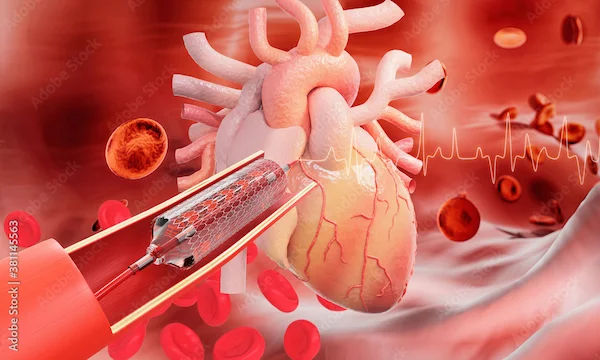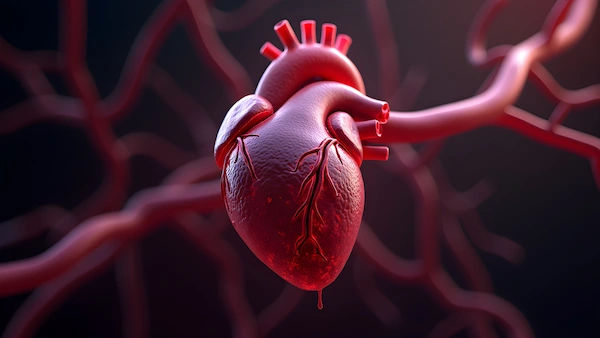- Female
- 23 Years
- 22/01/2025
I'm curious if it's possible for someone my age, 23, to have heart problems. If it is, what might cause it? I'm hopeful for some clarity on this.
Answered by 1 Apollo Doctors
Yes, it is possible for a 23 year old to have heart problems. One possible reason could be a condition called "congenital heart disease," which means the person is born with a heart defect. Other reasons could include infections, inflammatory conditions like myocarditis, or even lifestyle factors such as poor diet, lack of exercise, or substance abuse. It is important to consult a doctor for proper evaluation and treatment.
Dr. Mubarak Suggests...
Consult a Cardiologist
Answered 04/07/2025
0
0

More Cardiology Health Queries
View allI've been trying to eat better and exercise a bit more, but I'm worried because my triglyceride levels are still going up. Last year they were 286, and now they're 365. I've been taking fish liver oil and eating flax seeds regularly. Do you have any advice on what else I could do?
Statins and fibrates are medications that can help lower triglycerides. Statins primarily lower LDL (bad) cholesterol levels, but they can also modestly reduce triglycerides. Fibrates are specifically effective at lowering triglyceride levels
Answered by 1 Apollo Doctors
I recently had a TMT test and got a negative result, but a couple of PVCs showed up during the test. Should I be worried about this? Is there any treatment or something I should consider?
Premature Ventricular Contractions (PVCs) are extra heartbeats that begin in one of your heart's two lower pumping chambers (ventricles). Occasional PVCs are typically harmless, especially if you have no underlying heart disease. However, if you are experiencing frequent PVCs or have a history of heart disease, it is important to consult with a cardiologist for further evaluation. In terms of treatment, if PVCs are causing symptoms or are frequent, your doctor may prescribe antiarrhythmic medications such as **Metoprolol** at a specific dosage to help reduce the occurrence of PVCs and manage any associated symptoms. Additionally, lifestyle changes such as reducing caffeine and alcohol intake, managing stress, and getting regular exercise may also help in managing PVCs. Remember, it is important to follow up with your healthcare provider for a personalized treatment plan based on your individual health needs.
Answered by 1 Apollo Doctors
I've recently had an angioplasty to clear a blockage in my main valve. It's been three days now, and I've started feeling some pain in my left shoulder after sitting for a few hours. I haven't been lifting any heavy objects or anything like that. Is this something related to my heart? Should I be worried? Please let me know what's going on.
Just with a complaint of shoulder pain we cant rule out heart related issues visit your physician for evaluation
Answered by 1 Apollo Doctors
Disclaimer: Answers on Apollo 247 are not intended to replace your doctor advice. Always seek help of a professional doctor in case of an medical emergency or ailment.



